-
Let’s Take Prevention to the Next Level
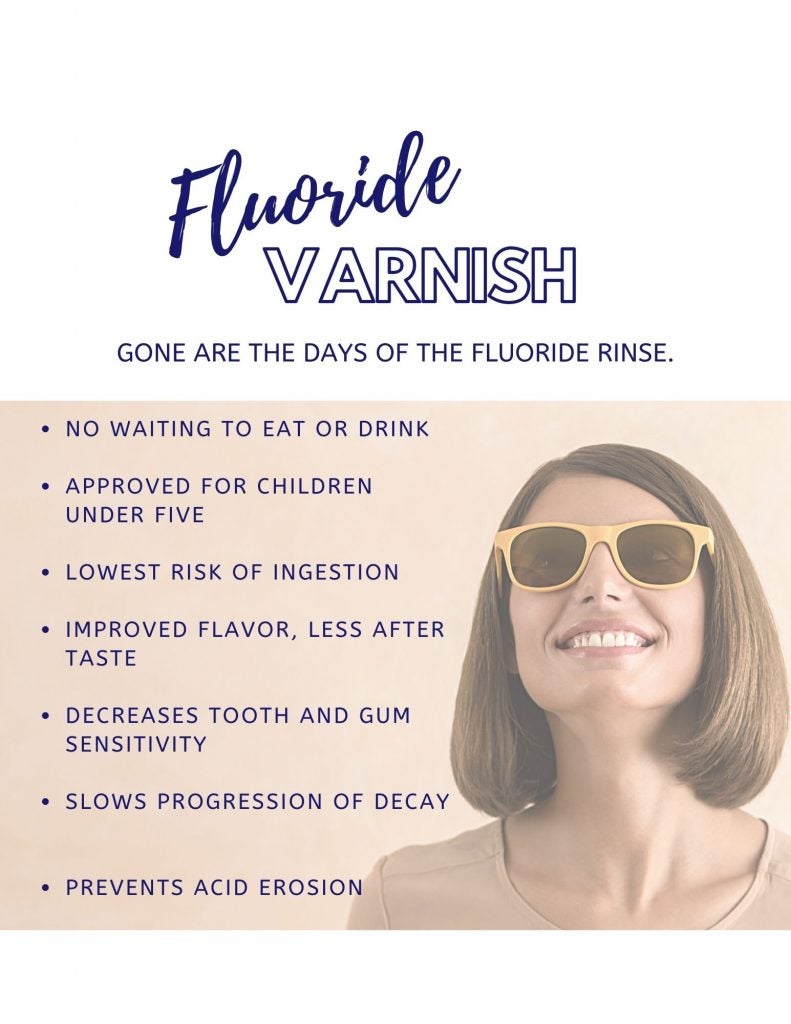
-
How Ignoring Your Dental Care Can Affect Your Health
When your dentist tells you to practice proper dental care in Bel Air, MD, you shouldn’t brush off this recommendation. You should be flossing every day, brushing your teeth twice each day, and seeing your dentist on a regular basis for dental cleanings . Failing to do so can result in a wide array of problems that can affect all aspects of your health and well-being. Poor dental care can result in a reduced self-image, poor dental health, and problems with your general health. Keep reading and find out why it’s so important that you practice proper dental care.
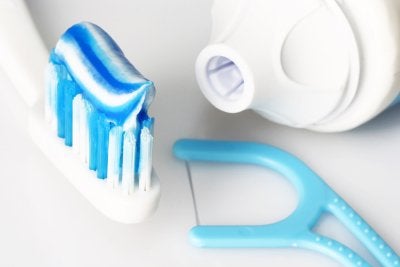
Diminished Self-Confidence
When you fail to brush and floss your teeth, visit the dental office, or take care of other dental care responsibilities, your smile might not look the way you want it to look. While this seems like a purely aesthetic issue at first, it can have real consequences on your mental health. People who are ashamed of their teeth may smile less frequently; since the brain and the body work in tandem, this lack of smiling can trick your mind into thinking you’re upset. Some people do experience anxiety and depression because of their self-image, and the smile is an integral factor.
Poor Oral Health
Some people who neglect dental care might not suffer mentally, but no one escapes the decline in oral health that comes with this neglect. The process of brushing your teeth helps to remove food debris, acids, and bacteria that could otherwise build up on your teeth. When they’ve built up long enough they can lead to decay and dental cavities as well as periodontal problems like gingivitis. When plaque hardens into tartar, you will need a professional dental cleaning in order to have it removed.
Inhibited Overall Well-Being
In addition to impairing your self-image and dental health, neglecting your dental care can lead to problems with your general health. Oral health and general health are linked in a number of ways, and poor dental health has been associated with conditions like diabetes and heart disease. Make sure you take care of your oral health to stay in top shape.
-
Answering Your Questions About Teeth Whitening
Everyone wants a bright and beautiful smile, so it’s no surprise that professional whitening is one of the most commonly performed procedures in cosmetic dentistry. If you’re thinking about seeing a dentist for tooth whitening in Bel Air, MD , then continue reading to learn the answers to common questions about this treatment.
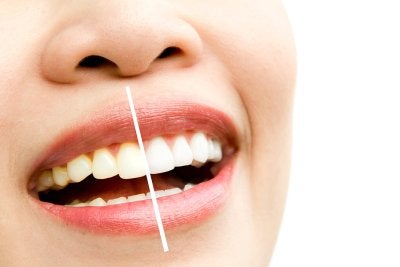
Why is professional whitening better than other options?
The greatest benefit that you’ll gain by seeing a dentist for tooth whitening is speed. Unlike over-the-counter kits, professional whitening uses a stronger formula that can provide you with a noticeably whiter smile in a single treatment. At-home kits that you can pick up at the drugstore often take a week or longer to provide noticeable results.
What happens during teeth whitening?
When you visit your dental office for professional tooth whitening, your dentist will have you wear a tray during the treatment that will cover your teeth with a specially formulated whitening gel. Also, your dentist may use a type of light to enhance the whitening effects of the gel. These appointments typically take about an hour.
How long will my results last?
The answer to this question depends on a number of factors. How well your teeth take to the treatment and how much enamel they have can affect how long your results last. Also, your oral hygiene practices, dietary choices, and lifestyle habits can influence how long your tooth whitening results remain noticeable.
How can I make my results last longer?
Luckily, there are a number of steps that you can take to help retain your tooth whitening results. First, avoid eating or drinking any items that can stain your teeth, such as coffee, tea, soda, berries, and anything tomato-based. If you do choose to eat and drink these items, be sure to rinse your mouth or brush your teeth afterward. Finally, keeping up with twice-daily tooth brushing and biannual dental cleanings can help prevent stains from building up on your teeth.
-
The Aesthetic Benefits of Dental Implants
If you have a chipped, broken, or missing tooth, you will want to make an appointment at a cosmetic dentistry office right away. An office that specializes in cosmetic dentistry in Bel Air will be able to provide you with beautiful dental implants that will completely transform your smile. Like porcelain veneers and dental bridges, dental implants are used to replace or restore teeth that have become lost or damaged. There are several aesthetic benefits that dental implants have to offer you.
With a new dental implant, you will enjoy a natural looking smile. Rather than having to hide your missing or broken tooth, you will be able to smile with total confidence. Dental implants also have the advantage of being matched to your natural tooth shape and color. After your procedure has been completed, it will be nearly impossible to tell the difference between your implant and your natural teeth.
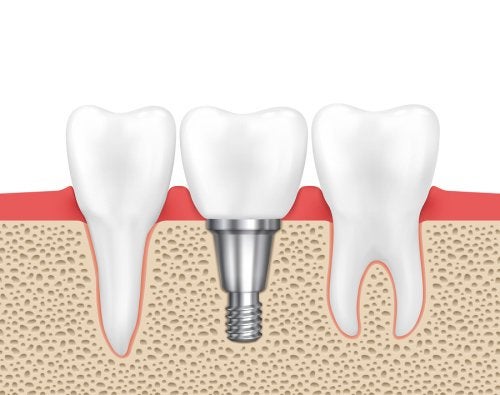
-
How Diabetes Can Affect Your Oral Health
Diabetes is a medical condition that can affect all of the major systems of the body. If you have diabetes, you may be surprised to learn that your oral health can also be affected by this disease. Fortunately, with services and care from a general dentistry office in Bel Air , you will be able to make sure that your teeth and gums remain healthy and strong. Your dental office can assist you with tooth filling, general cleanings, and a variety of other important dental care services. To help you care for your teeth, here is a look at how diabetes can affect your oral health.

Gum Disease
People with diabetes are more likely to develop gum disease than non-diabetics. Gum disease occurs in stages, and can be reversed if it is detected early. The beginning stage of gum disease is known as gingivitis. As gum disease progresses, puffy, red gums may start to bleed and recede. Advanced gum disease may result in tooth loss, abscesses, and other very serious issues.
Tooth Loss
Diabetic patients may also find that they are at increased risk of experiencing tooth loss. There are many reasons why a person may lose a tooth in adulthood. A tooth may need to be extracted if it is severely decayed or infected. Problems with the gum surrounding the tooth may also result in tooth loss. Fortunately, cosmetic dentistry procedures can be used to fill in the space left by a missing tooth and restore a patient’s smile.
Dry Mouth
Dry mouth is another oral health problem that is associated with diabetes. When a patient has a frequently dry mouth, he or she may develop ulcers, sores, and frequent cavities. Dry mouth is also a very uncomfortable condition. With services from a dentist in your area, you can prevent and treat any of the oral health issues that are associated with diabetes. Your dentist can keep your smile healthy and brilliant throughout your lifetime.
-
Talking to Your Dentist About Gum Disease Treatment
Gum disease, also known as periodontal disease, is one of the most common causes of tooth loss. Proper dental care can often prevent gum disease, but if you already have it, you may need specialized dental care in a dental office in Bel Air, MD. Undergoing an intensive dental cleaning may reverse the disease, provided you follow your dentist’s recommendations for at-home dental care .
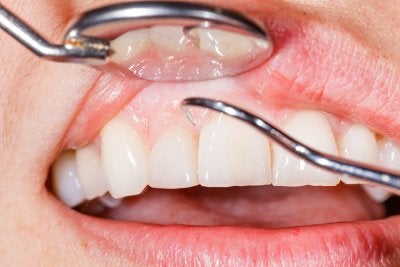
Discuss Your Medical History
When you arrive at the dental office, you can expect to be asked about your medical history. You might consider asking your dentist how he or she thinks you developed gum disease. Some common risk factors of periodontal disease include diabetes, poor nutrition, poor oral care habits, tobacco use, and decreased immune function. Not all of these risk factors can be eliminated, but lifestyle changes can improve others. Consider asking your dentist to evaluate your typical brushing and flossing techniques, and give you some pointers if your routine could use improvement.
Learn About the Recommended Treatment
The treatment options your dentist recommends will depend on how far the disease has progressed. The early stage of gum disease is gingivitis. If you have gingivitis, your dentist might recommend one or two professional dental cleanings. You’ll also need a follow-up visit to make sure your gums are healing. If your dentist recommends this method, be sure to ask how often you should schedule routine dentist visits in the future. If your periodontal disease is more advanced, your dentist may recommend scaling and root planing. This is a deep cleaning method that scrapes away tartar, plaque, and toxins from below and above the gum line. The root surfaces are then smoothed. If your dentist recommends this option, consider asking how else you can support your oral health. Your dentist may prescribe medications, recommend medicated mouthwash, or advise you to switch to an electric toothbrush.
Ask About Maintenance
Whichever treatment option your dentist recommends, be sure to ask him or her about the maintenance phase. Maintaining your oral health is crucial to prevent a recurrence of gum disease. Your dentist may recommend that you return to routine dental cleanings four times per year instead of the usual two visits. During these visits, the dentist will check your gums to make sure they are still healthy.
-
Say No to Smokeless Tobacco
Good dental care in Bel Air, MD , involves quitting bad habits that damage your teeth. Speak to your dentist and watch this video to learn why even smokeless tobacco can compromise your oral health.
If you smoke cigarettes, your dentist has probably already advised you that quitting now will substantially decrease your risk for oral cancer, gum disease, and tooth decay. However, a dental clinic also regularly cautions patients that chewing tobacco places you at just as high of a risk for developing oral cancer as do cigarettes and cigars. Dentists have also linked chewing tobacco to bad breath, tooth discoloration, cavities, and a decreased sense of taste and smell.
-
Treating an Abscessed Tooth
If you have an abscessed tooth, it means that the bulb of your tooth is infected. A pocket of puss forms under the tooth and is usually quite painful. The infection is caused by advanced gum disease in Bel Air or tooth decay and the infected portion of the abscessed tooth will need to be removed. To treat an abscessed tooth, a dentist in Bel Air will perform a root canal .
Watch this video to learn more about treating an abscessed tooth and what causes the infection to happen. In addition to tooth decay, a cracked tooth can also cause an abscessed tooth. A root canal is when a dentist removes the infected portion of the tooth and seals the tooth with a crown.
RECENT POSTS
categories
- Uncategorized
- General Dentistry
- Toothache
- Emergency Dentistry
- Family Dentistry
- Receding Gums
- Cosmetic Dentistry
- Veneers
- Gum Disease
- Gingivitis
- Dental Crowns
- Orthodontics
- Dental Implants
- Root Canal
- Wisdom Teeth
- Teeth Whitening
- Your Smile
- Composite Fillings
- Lumineers
- Dentures
- Invisalign
- BrightSmile
- Dental Bridge
- Abscessed Tooth
- Sealants
